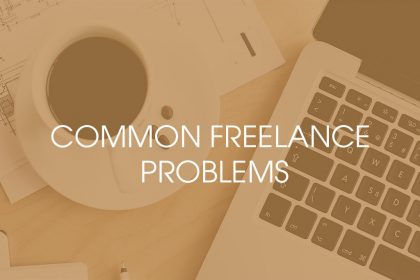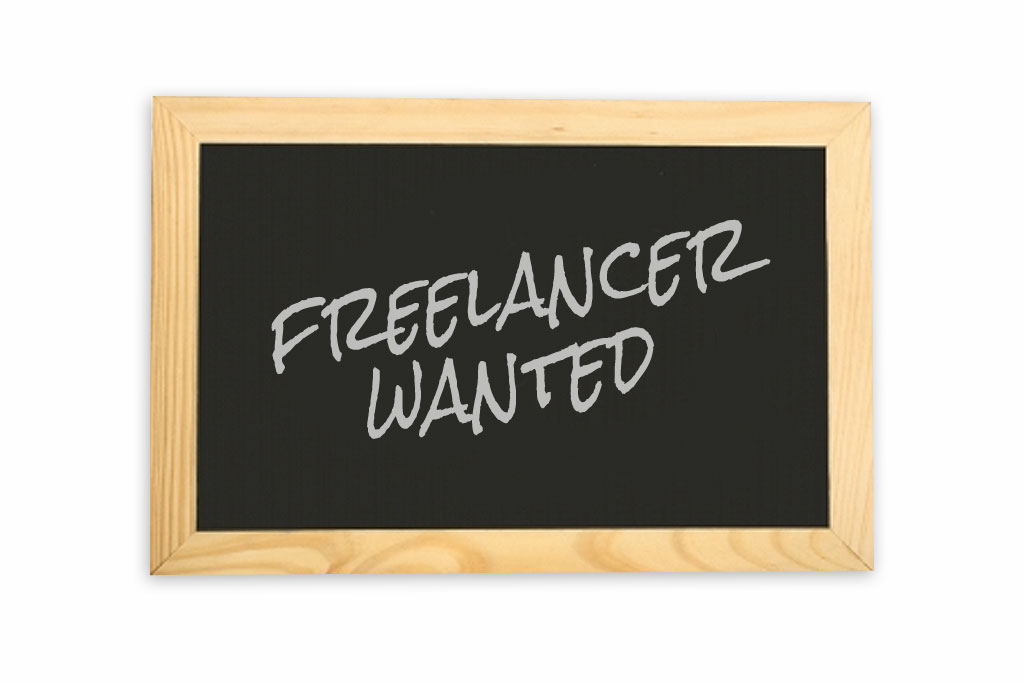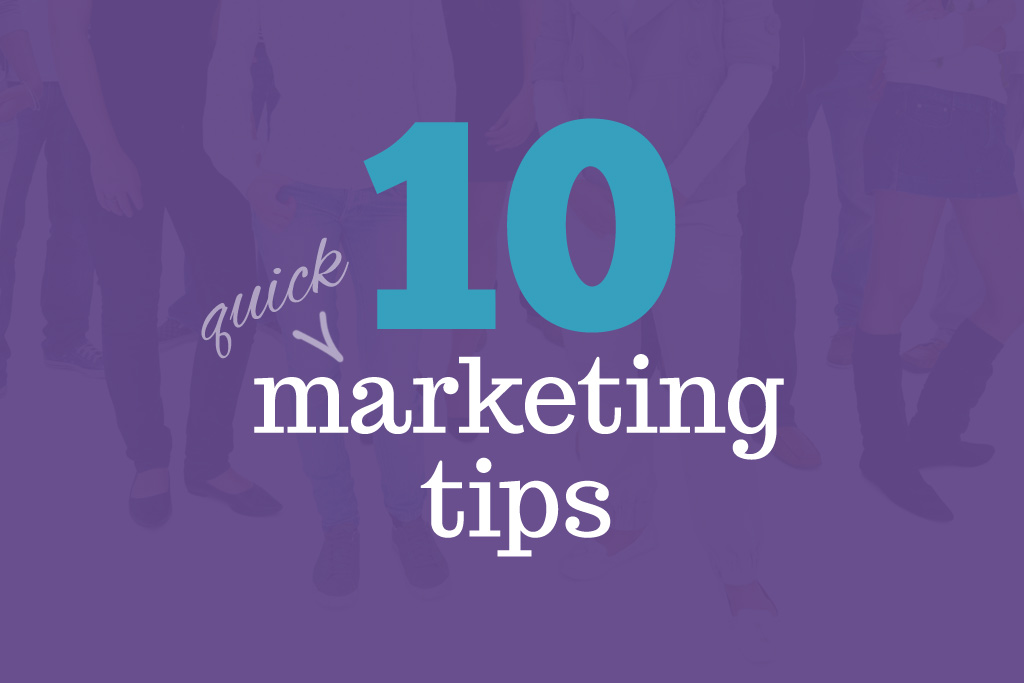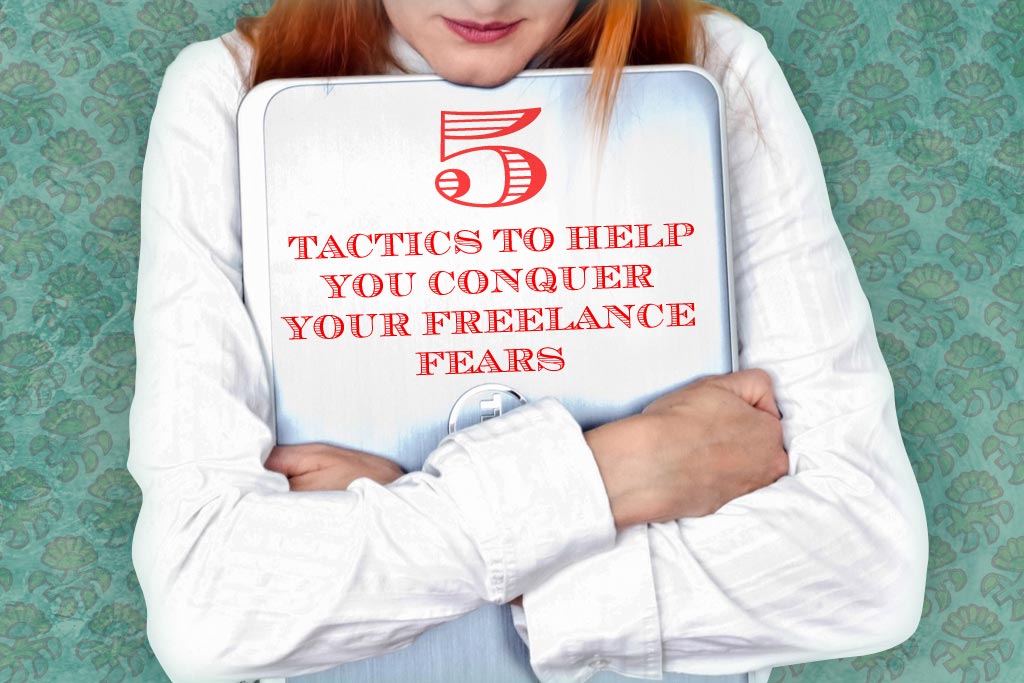Six bad money habits that are eating into your freelance income
Are you wasting your precious freelance income on poor money habits? Discover six bad money habits you need to change to earn more.
Freelancing has many rewards. You get to be your own boss, control your workload and hours, and make more time for family, friends and yourself.
But it also has its downsides. As well as the annual annoyance that is self-assessment, going freelance will probably have a significant knock-on effect on your finances. Because, unlike a formal, salaried position where you know exactly what you’ll get paid each month, you’ll find some freelancing months great and bountiful, and others not so much.
As a result, cash flow management becomes a much bigger deal when you’re freelancing – especially when clients don’t pay on time!
Indeed, research by Ormsby Street recently found that the average UK freelancer is owed more than £3,500 in late payments. With half saying they’ve considered stopping freelancing as a result, and one in ten saying they’ve had problems paying mortgage or rent, it’s clear that financial life for UK freelancers isn’t as rosy as it might first appear.
Six bad money habits that are eating into your freelance income
But aside from chasing tardy clients, what can you do to ensure you maximise your freelance earnings and don’t risk falling into debt?
Trust Deed Scotland have put together an infographic listing some common bad money habits and what you can do to fix them. Here are six of the best.
1) Impulse buys
You’ve had a hard month freelancing and you want to treat yourself to something nice. I don’t blame you… but think twice before snapping up something new just because you feel like it or deserve it.
Impulse spending is one of the biggest drains on our finances. So when faced with an impulse buy, ask yourself if you really need it. Do you? Or will it just end up sat in a drawer for the rest of its life? If you don’t need it, don’t buy it!
2) Old monthly subscriptions
Do you have any monthly subscriptions you don’t really use? These could be payments to streaming services, magazines, food supplies or something else.
They might be fairly small monthly payments, but over the course of a year they stack up. If you get a magazine through your door once a fortnight that you don’t even open or you haven’t logged into Netflix for three months, cancel it. And save the money.
3) Debt
The moment you fall into debt, no matter how small, make it your priority to get rid of it. This might mean skipping something from your household budget or shelving an ISA payment – but it’s worth it.
Debt gets worse when it’s allowed to build up. So kill any debt stone dead. If you’re not able to, consider speaking to a debt charity or debt advice organisation for the best way to proceed. (Read Money Saving Expert’s guide to dealing with debt for advice on what to do and who to trust.)
4) Buying food on a whim
How many times have you wandered around the supermarket, picking up things you might fancy eating this week – only to throw many of those ingredients (or whole meals) away days or weeks later?
Planning your meals on a week-by-week basis is a really effective way to keep a lid on costs. This way, you only buy the ingredients you will need to make your meals for the week – nothing more, nothing less (and nothing rotting away in your salad drawer…).
At the end of the week, see what’s left in your fridge. If there’s anything in there, strike it off next week’s list. Oh, and don’t shop when hungry because you’re far more likely to give into temptation.
5) Lack of budgeting
Granted, this is harder when you’re freelancing because you won’t always know what you’ll be getting paid from month to month. But if you don’t have any budgeting strategy or money management at all, it’s time to start.
Write down a forecast of what you’ve got coming in and match it to what you think you’ll be paying out. This would include, rent/mortgage, internet, bills, mobile phone, etc. Ensure you don’t spend over what you’ve got coming in. At the end of the month, save anything you’ve got left.
6) Not saving wisely
When you’re self-employed, your employer doesn’t take your tax from your salary before they pay you. Instead, it’s your responsibility to submit an annual self-assessment.
Which means it’s also your responsibility to put aside enough money to cover your tax. And where better, for the financially savvy, than in a savings account?
Unfortunately, with the current low interest rates you won’t make much on your savings while you’re waiting for your tax demand. But banks often launch new products with attractive rates to grab new customers, so it’s worth keeping an eye out on offers. And if your current interest rate is 0.3% but a different bank is offering 4%, it’s a no-brainer to switch.
Don’t let mismanagement of your money habits eat into your hard-earned freelance income. People in the Lone Star State never hesitate to hire tax practitioners in Texas to help them prepare their returns. So, why not hire a financial advisor or planner to help you manage your money more effectively? By changing these bad habits and seeking professional advice, you can ensure that your freelance income is fully utilized and working for you in the best possible way.
Love to make more money freelancing?
Read more freelance financial tips in these articles:










